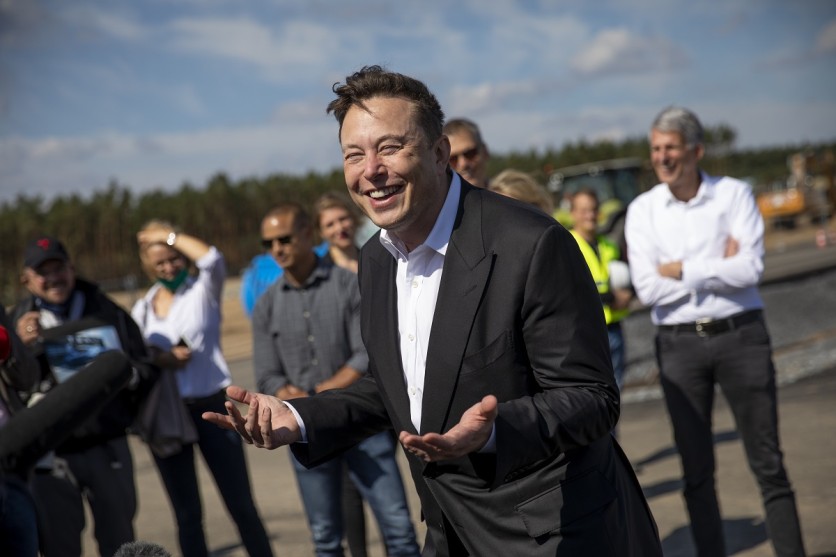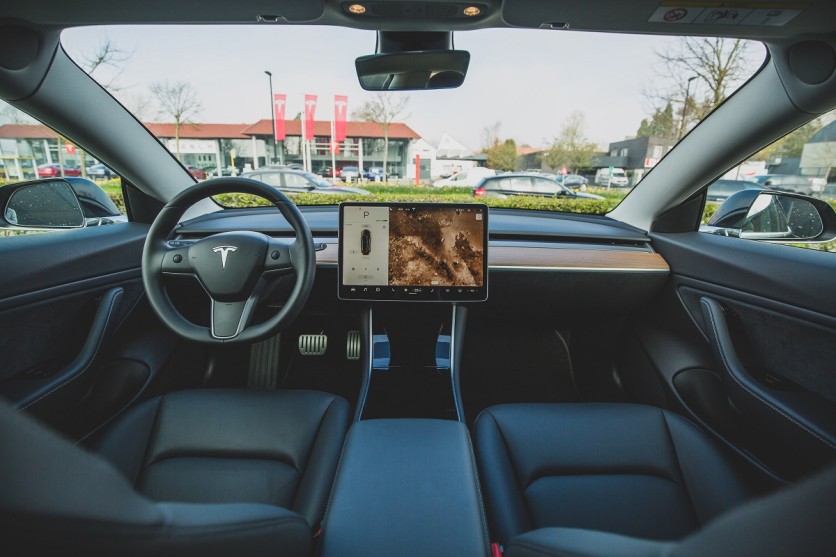Tesla CEO's Elon Musk has built an electric vehicle company that once toppled the Japanese car manufacturing giant Toyota as the most valued automaker in July when it hit an all-time high of $1,135 stock price and market valuation of about $206.5 billion.
It was quite a surprising feat for a relatively newer company, compared to Toyota's more than 80 years of history. Unlike Toyota's Kiichiro Toyoda, Musk has little knowledge about car industry when he started Tesla 16 years ago. And over the years, the company has achieved much for a new company, thanks to the radically famous "Elon Musk Method."

According to Teslarati, the Tesla CEO is a superfast learner who has perfected a certain process in the business. He built strong partnership and alliances with companies that have provided Tesla with technologies it does not have. He then hired the brightest most talented and intelligent people before leaping through risks and boundaries which most companies did not take.
Musk built Tesla as a vertically-integrated automaker, which leans towards more independence. "Elon doesn't want any part of his business to be dependent on someone else," a former Tesla senior executive told Reuters.
Well, that explains the innovations the company is doing from developing its computers, and now its own battery cells. "[He] thinks he can do it better, faster and cheaper," the executive added.
Elon Musk's forging partnerships for future innovations
In the early days of Tesla, Musk seeks to learn more about the car industry. The company aimed to create a digital adaptation of Ford's production system, which started from mining iron ore to creating Model As in late 1920s.
Former Tesla supply chain executive Tom Wessner said that Musk believes he can make better things that the company's suppliers did. "He wanted to make everything," he said.

From learning GM's destroyed electric vehicle prototypes, Musk was fuelled to create effective electric cars that can be sold to the masses. This was a long trial and error process, but as the company pushes to develop more of its supplies, then that could happen soon.
Similarly, Daimler, which used to be a Tesla investor, when Musk became highly interested in developing sensors, which Mercedes-Benz S-Class have and Tesla Model S lacked. Musk then went to work, leading to historical result. "He learned about that and took it a step further," a senior Daimler engineer noted about Musk.
The biggest factor in Tesla EVs is the battery cells. Since 2011, Musk has already been looking at manufacturing battery cell, even before the company went into a close partnership with Panasonic in 2013.
It has been reported that Musk's assistants have argued against developing battery cells, but Musk's character is triggered when someone discourages him to do something. "Tell him 'No' and then he really wants to do it," a former Tesla veteran disclosed.
Tesla's relationship with Panasonic has been a roller coaster ride, the partners have been reported in 2019 to be strained. This follows Tesla's demands during the Model 3 ramp, which have strained Panasonic's capabilities. However, Panasonic continues to believe its strong relationship with Tesla. "Panasonic is not a supplier to Tesla; we are partners," a Panasonic spokesperson said adding that their partnership "will continue to innovate and contribute to the betterment of society."
Meanwhile, Tesla's partnership with Panasonic contributed much with its Roadrunner cells. Musk created an in-house battery cell production line based on his learning from the Japanese firm, which is similar to Tesla's past alliance with Daimler.
"We asked our engineers to shoot for the moon. He went straight for Mars," the Daimler executive added.
Well, that was how Elon Musk did it, and he did it really well. The car manufacturing rockstar who always on Twitter will not stop and continue aim for innovation. He will eventually reach Mars with SpaceX, but that would be another story though.
This is owned by Tech Times
Written by CJ Robles
ⓒ 2025 TECHTIMES.com All rights reserved. Do not reproduce without permission.

![Best iPads that Students Can Use in School [2025]](https://d.techtimes.com/en/full/461431/best-ipads-that-students-can-use-school-2025.jpg?w=184&h=103&f=516289300e12e9647ef3d5bd69f49b70)


